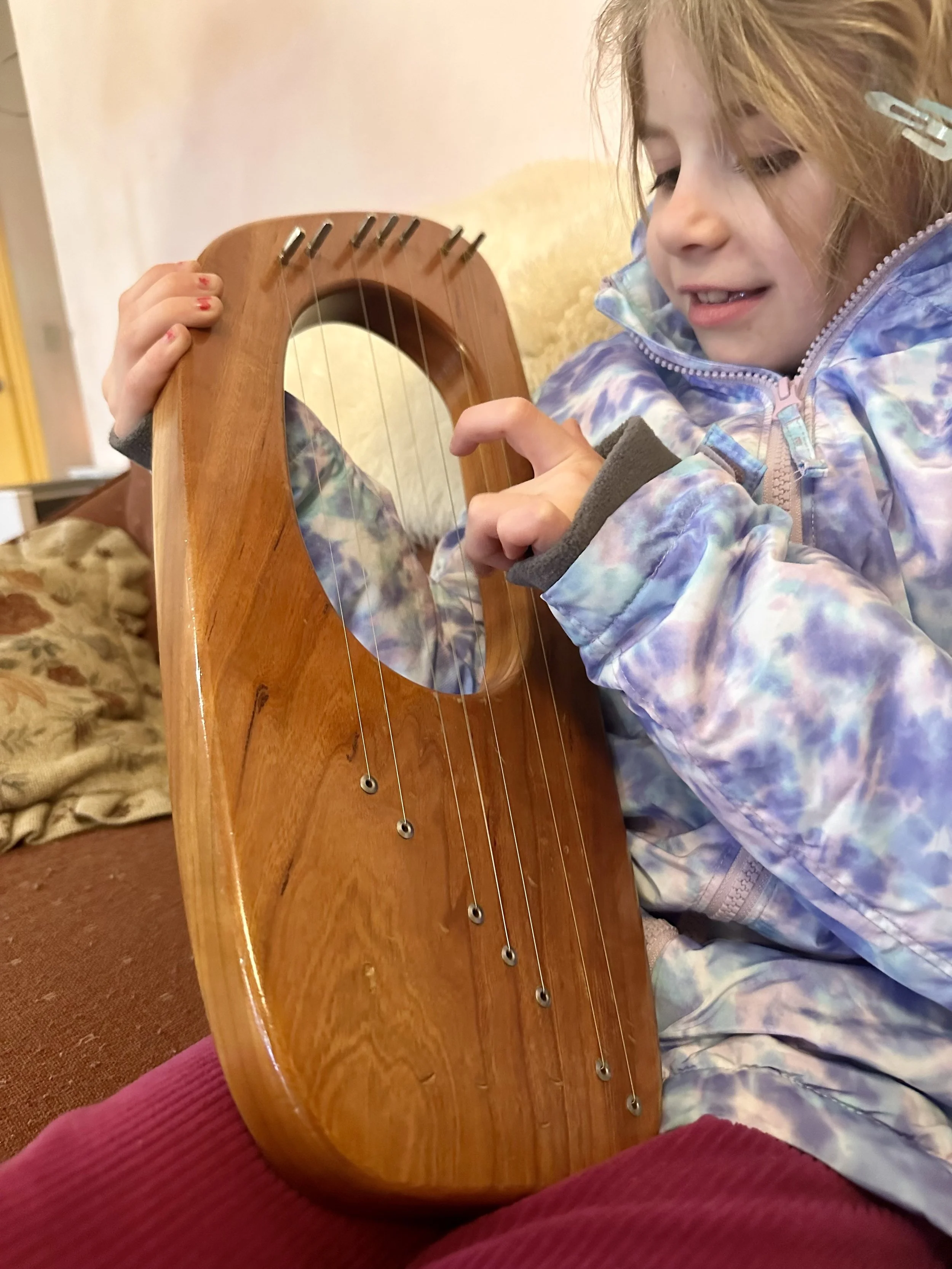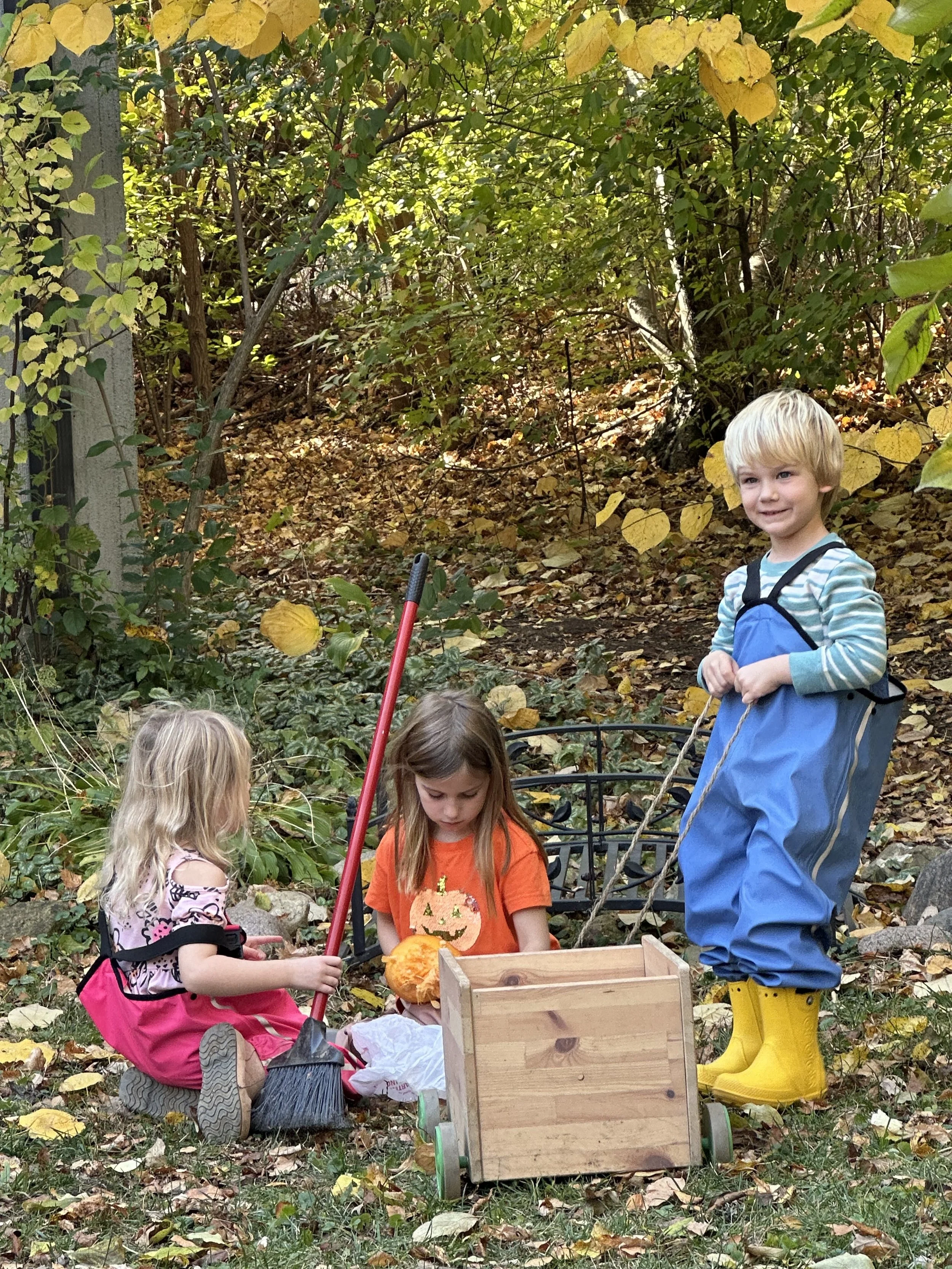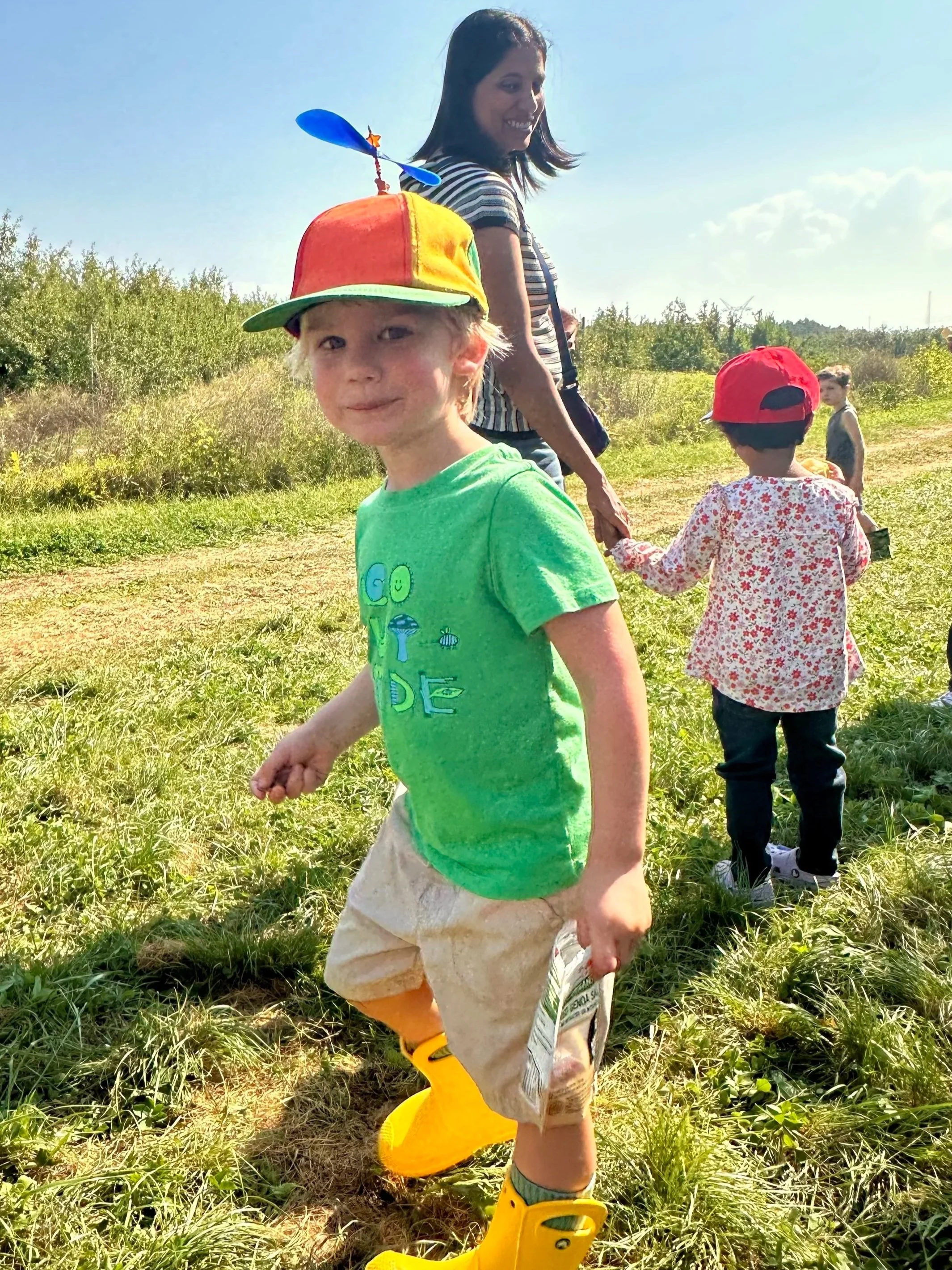The Windrose Journal
A Waldorf Blog
The Windrose Journal is a grounded, thoughtful space where stories, reflections, and insights from the Waldorf School of DuPage community come together—past, present, and future. Like a compass rose, it helps orient families, educators, and alumni as we navigate the evolving world of Waldorf education and child development. Here, you’ll find a meaningful blend of tradition and innovation, sharing voices that illuminate the heart of our school. Whether you're seeking inspiration, perspective, or connection, The Windrose Journal offers guidance rooted in experience and purpose.
You can explore posts by topic or simply scroll down to see our most recent content. Happy reading!

Why Waldorf Schools Introduce Formal Academics in First Grade
Why do Waldorf schools begin formal academics in first grade? At The Waldorf School of DuPage, this intentional, developmentally driven approach supports children’s readiness, confidence, and long-term academic success. Learn how play, imagination, and foundational skills in early childhood prepare students to thrive when formal learning begins.

Why We Chose Waldorf Education — An Open Letter
Waldorf schools often introduce academic content at a developmentally attuned pace, later in some areas than in many mainstream schools, but with much greater depth and integration.

Purposeful Work in a Waldorf Kindergarten: Why It Matters
Discover how purposeful work in a Waldorf kindergarten nurtures creativity, confidence, and life skills. Learn how hands-on tasks, imitation, and daily rhythm support your child’s development through meaningful activity—indoors and outdoors.

Nurturing the Foundational Senses at Home
As parents and caregivers, we play a vital role in nurturing the healthy development of these early senses—touch, life, self-movement, and balance. By offering a calm, loving environment filled with warmth, rhythm, and meaningful movement, we help lay the foundation for our children’s lifelong well-being, learning, and inner confidence

Waldorf at Home: A Simple Guide for Busy Families
Whether you’re new to Waldorf or simply craving more intention and warmth in your home life, this guide is for you. Especially for families with full schedules, two working parents, or kids spanning multiple ages, it can feel overwhelming to add one more “philosophy” to your plate.
But here’s the beauty of Waldorf: it isn’t about doing more. It’s about doing less—but with greater presence. Small, consistent rituals, creative play, and a home environment that honors rhythm and beauty can create a deep sense of safety and connection.

The Case for Waiting: The Benefits of Delaying Academic Work
Delaying formal education until age 6 or 7 can lead to stronger academics, better emotional regulation, richer social skills, and less stress. Most importantly, it honors the natural rhythm of childhood.
As more parents and educators recognize the value of this approach, it’s worth asking: What’s the rush? Giving children the gift of time may be one of the best educational decisions we can make.

Nurturing Creativity and Imagination: The Waldorf Method in Early Education
By focusing on the whole child—head, heart, and hands, Waldorf preschool and kindergarten programs offer a rich, nurturing alternative to academically driven early education. Instead of worksheets and early testing, children are immersed in play, creativity, rhythm, and real-world connection—all proven to support healthy brain development and a love of learning.




